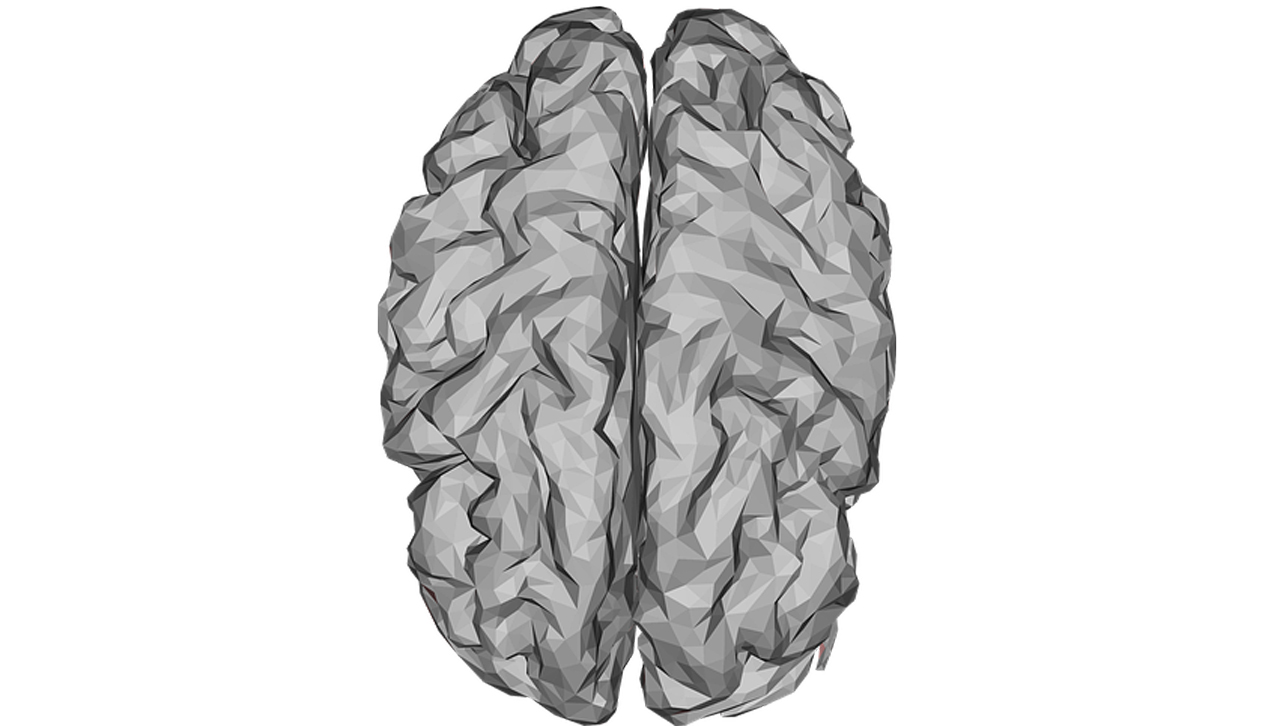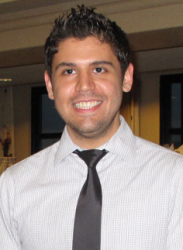Framing and Reframing Mental Causation

As part of the Faculty Seminar Series, George Aulisio, associate professor, presented his latest research. Read more about his research below.
I am researching the philosophy of mind, and incorporating aspects from metaphysics, general science, and the philosophy of science to try and offer explanations for a number of interrelated puzzles in the philosophy of mind. One puzzle, in particular, is the tension between having a mind that meets the conceptual standards of how we perceive our minds while still allowing for the mind to be causally efficacious.
To elaborate, the 17th-century French philosopher René Descartes conceptualized the mind as something completely different than the brain. The stark difference that Descartes drew leads to what we call the problem of interaction. One way to resolve the problem of interaction is to reduce the mind down so that it is identical to the brain, but reducing the mind down to the brain comes at a price. Arguably, there’s no satisfactory way to explain the qualitative aspects of mental life and what we commonly refer to as free will by way of reduction to the brain. In other words, we tend to lose the mind’s essential characteristics when we shift all of our focus to the brain.
The puzzle involves determining how we can save the mind’s unique characteristics while keeping it causally connected to the brain, and do all of this without violating our best scientific knowledge. I argue that our best hope of making this possible is by embracing the non-reductive theory of emergence, or the view that there are non-reducible properties or phenomena that arise from complexity. In these theories, the mind would be an emergent phenomenon of the brain. This is only one step, however, we also have to expand our view of causation to also incorporate holism, a worldview that tells us larger system can have causal effects on its parts.







